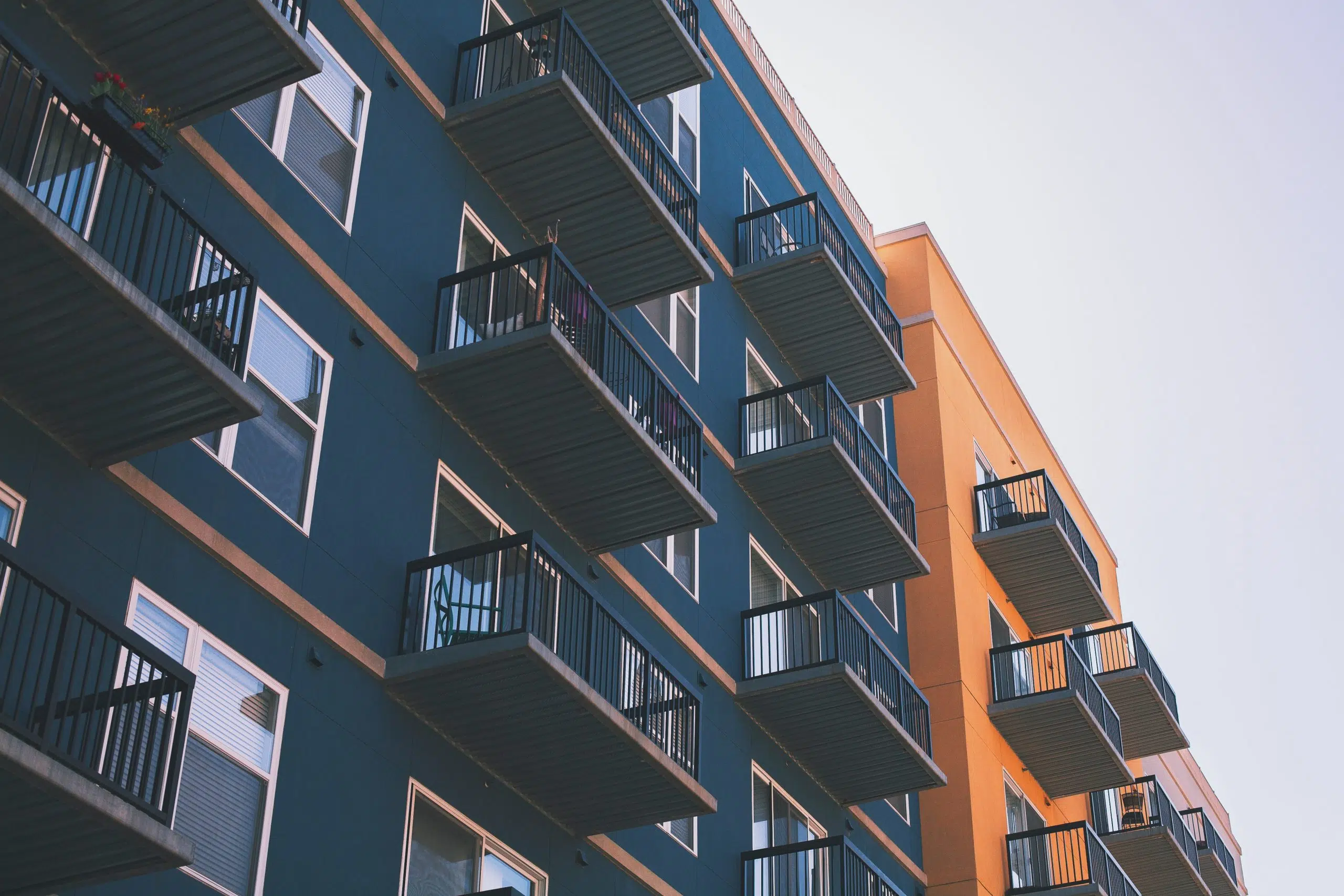The provincial Liberals are preparing to put forth legislation that would cap rent increases in the province.
The official opposition plans to table a bill amending the Residential Tenancies Act in the fall session, tying the percentage that a landlord can boost rent to the Consumer Price Index every year, and capping it at 2.5 percent a year.
“This will protect the consumers, renters. This isn’t reinventing the wheel. They do it in P.E.I., they do it in Ontario, they do it in Quebec. Keep it like 2.5 percent [increase], you cannot go over that during the year and that prevents the prices of apartments to skyrocket,” says Robert Gauvin, the official opposition critic for social development and MLA for Shippagan-Lamèque-Miscou.
Currently, there’s no limit on how much or how often a landlord can increase rent, as long as they give tenants three months’ notice.
On the other hand, vacancies have continued to tighten in New Brunswick, especially in the three largest cities.
According to the Canada Mortgage and Housing Corporation (CMHC), the vacancy rate dropped from 3.2 percent in October 2018 to 2.6 percent in October 2019.
The vacancy rate last fall in Moncton was 2.2 percent, 1.4 percent in Fredericton, 3.3 percent in Saint John, 4.2 percent in Bathurst and 1.6 percent in Miramichi. Only Campbellton and Edmundston saw vacancy rates go up, to 4.4 percent and 8.3 percent, respectively.
Gauvin said he’s heard from New Brunswickers whose rent is set to increase 30-to-60 percent in a year, and one said their rent would increase from $450 to $700 in January.
He said low vacancy rates mean demand is driving prices up, but that’s making housing unaffordable for people who are working jobs that pay $14 per hour. Gauvin also said that he’s concerned property buyers from Ontario are driving prices higher.
“I understand the free market, I get that. But there is a way to make sure that we don’t leave people out on the streets,” he said.
Media outlets, including Huddle, have reported similarly significant increases in Saint John, Moncton and Fredericton. Megan Mitton, MLA for Memramcook-Tantramar and the Green Party’s critic for Service New Brunswick, says it a rural problem, too.
RELATED: Do New Brunswick Cities Like Saint John Need Rent Control?
The Green Party is also calling on the Higgs government to set up rent controls. Leader David Coon, whose own bill to amend the Residential Tenancies Act didn’t pass in 2018, and Mitton want to see Service New Brunswick Minister Mary Wilson introduce such legislation this fall.
“We need to make sure that someone’s rent can’t increase by such an unjustifiable amount in such a short amount of time, because it means that people will be forced out of housing. They won’t be able to to remain in their housing,” Mitton said, adding that could lead people into poverty, and to make cutbacks on needed medicine, food, and other necessities.
“[Rent control legislation] doesn’t mean that rent will stop going up. It means that rent can’t skyrocket in the middle of someone’s lease when they’re already housed.”
When asked whether the Green Party will support the Liberals, Mitton says some of the proposals in Gauvin’s bill are similar to Coon’s from two years ago. That includes having a rent cap and tying it to the CPI.
She says her party would “absolutely support having rent control to protect tenants,” and hopes to debate the details of what needs to be in the bill at the Legislature.
While Gauvin said the bill is “not the same from two years ago” because the situation has worsened, he’s open to working with others on it. Otherwise, “we can go ahead with our own bill.”
Both Mitton and Gauvin agree that amending the Residential Tenancies Act is one of many solutions that need to happen to make housing more affordable for seniors, the working class, youth, as well as for newcomers who come to a province often boosted for its low cost of living and good quality of life.
In the long run, the Liberals and the Greens want to see the provincial government invest in the creation of more affordable housing. Housing is considered affordable when it costs only up to 30 percent of a person’s income.
Service New Brunswick’s director of communications, Valerie Kilfoil, told Huddle in an e-mail that defining what exactly rent cap or rent control means is important.
She says right now in New Brunswick, rent prices are determined by market conditions, and that rent controls “do not necessarily lower rent increases.”
“Studies have shown that the impact of rent regulation has numerous unintended impacts on both tenants and landlords over the long term, including a reluctance by landlords to invest in and maintain properties, which can reduce the number and quality of units available,” said Kilfoil.
She said provinces like both B.C. and Ontario have rent controls but saw a rise in rents that’s above the Canadian average of 2.9 percent between 2014 and 2019. New Brunswick’s rents increased an average of 2 percent in the same period, and it has the second-lowest average rent in Canada year-over-year.
Gauvin said landlords concerned about the cost of the double property tax on top of rent controls should be soothed by the Higgs government promise to reduce that by 2024.
“If we follow [the government’s] plan, this should be no problem,” he said.
But the Higgs government said in May that it can no longer afford to do so due to deficits caused by the Covid-19 pandemic.
RELATED: Moncton Business Community Supports $6-Million Affordable Housing Project
With files from Cherise Letson.
Inda Intiar is a reporter with Huddle, an Acadia Broadcasting content partner.








